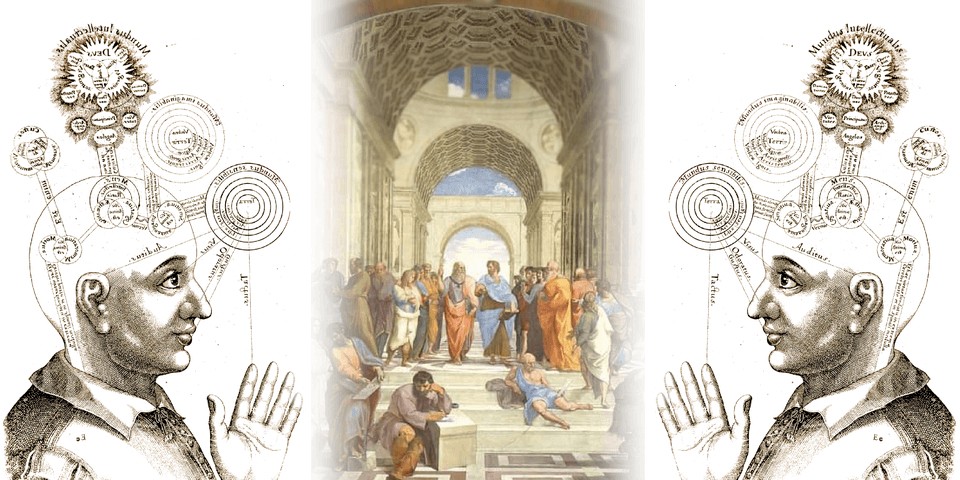A historical review of the development of medicine in the last century shows that the primarily natural scientific-technical orientation supersedes all other aspects of scientific thought and human behaviour.
Even though basic ethical education has become increasingly important again at universities since the 1970s, other essential philosophical topics tend to be stepchildren and only play a subordinate role. This development began in Prussia in 1861, when the Tentamen philosophicum of medical studies was replaced by the Tentamen physicum.
In addition to the importance of ethical behavior towards patients and dealing uprightly with oneself and others, as well as the fundamental attitude of a humanistic concept of man, the training of thinking and the associated specific tools are particularly relevant for a humanistic scientific approach to medicine. The principles of natural scientifically developed empirical analysis with its primary tool of biostatistics alone cannot answer the concrete questions of everyday practice.
Rather, the ability to make a precisely tailored patient-orientated decision depends on other skills - the basic knowledge of phenomenological-exact perception (phenomenology), structured dialectical evaluation (dialectics) in careful and error-free process documentation and hermeneutically based insight (hermeneutics).
In addition, the achievements of holistic perspectives, such as those provided by Gestalt theory or systems theory with its further developments, which have been available since the second half of the 20th century at the latest, are of extraordinary importance and necessity, especially for the support of chronically ill patients and long-term monitoring.
Training in logical thinking principles, in particular approaches that depict complexity, such as synergetics or the perspectives of multivalent logic (polycontexturality), are also important building blocks for a solid and competent foundation for action.
A separate treatise is devoted to the Tree of Knowledge, a perspective in epistemology that illustrates how knowing generates the explanation of knowing (autopoiesis).
Only in the synthesis of these disciplines, which combines natural scientific knowledge, technical expertise, ethical behaviour and broad-based, continuously developing thinking skills, can an integrative "medicine of the future" based on human science develop.
It is planned to prepare lost and not yet integrated epistemological concepts in a loose sequence and adapted to the needs of everyday medical practice in a clear form.

